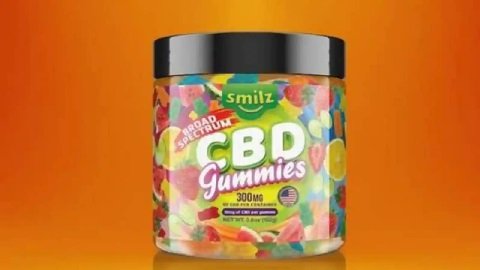A Comprehensive Guide to CBD Oil: What You Need to Know

Cannabidiol (CBD), a non-intoxicating chemical recognised for its interaction with the body’s endocannabinoid system (ECS), is a component of CBD oil, which is derived from hemp plants. This thorough guide will provide you all the information you want if you are interested in CBD oil and want to learn more.
Table of Contents
Understanding CBD Oil
To make CBD oil, CBD is extracted from hemp plants and diluted with a carrier oil, like hemp seed or coconut oil. To provide a clean and concentrated CBD extract, the extraction procedure frequently uses CO2 or solvent extraction.
There are many different ways to consume CBD oil, including tinctures, capsules, topicals, and edibles, so people may select the one that best meets their tastes and the results they want.
Legal Considerations
In many countries, such as the United States, CBD oil derived from hemp plants with less than 0.3% THC is legal under federal law. The precise laws in your nation or state must be confirmed, though, since they may differ.
It’s also critical to make sure the CBD oil you buy is from a trustworthy supplier who complies with regulatory regulations and offers independent lab testing to confirm the THC concentration.
Benefits to Health
CBD oil has the potential to offer a number of advantages to health. It engages with the body’s ECS, which is essential for preserving equilibrium and homeostasis. The following are a few possible advantages of CBD oil:
Pain relief
By interacting with receptors involved in pain perception and lowering inflammation, CBD oil may help reduce chronic pain.
Stress and Anxiety Reduction
By affecting neurotransmitter receptors in the brain, CBD oil has been shown to have the ability to ease stress and anxiety.
Sleep Improvement
By easing symptoms like sleeplessness and lowering anxiety, CBD oil may help to improve the quality of sleep.
Neuroprotective Properties
CBD oil has demonstrated promise in preserving neurons and promoting brain health, which may be advantageous for people suffering from neurodegenerative diseases.
Skin Health
Due to its possible anti-inflammatory and antioxidant characteristics, which may help alleviate a variety of skin issues, CBD oil is being utilized more and more in skincare products.
Dosage Considerations
It’s advisable to start taking CBD oil at a low dosage and gradually raise it as necessary. Various elements, including body weight, intended effects, and personal tolerance, might affect the right dose. To find the ideal dosage for your unique needs, it is advised that you speak with a medical expert who is familiar with CBD.
Safety and quality
Think about the following to make sure you are obtaining high-quality CBD oil:
Hemp Source
To reduce exposure to toxins and pesticides, look for CBD oil made from hemp plants that have been farmed organically. CO2 extraction is the industry standard for obtaining clean, pure CBD extracts that are devoid of chemicals and solvents.
Third-Party Lab Testing
Reputable CBD oil manufacturers ought to offer third-party lab results that attest to the strength, purity, and security of their goods.
Conclusion
In conclusion, CBD oil presents a viable all-natural remedy for those looking for a range of health advantages. You may include CBD oil into your wellness regimen with confidence if you have a basic awareness of its legal implications, potential health advantages, dose requirements, and quality issues. As usual, speaking with a medical practitioner is advised before beginning a new supplement or drug plan.












